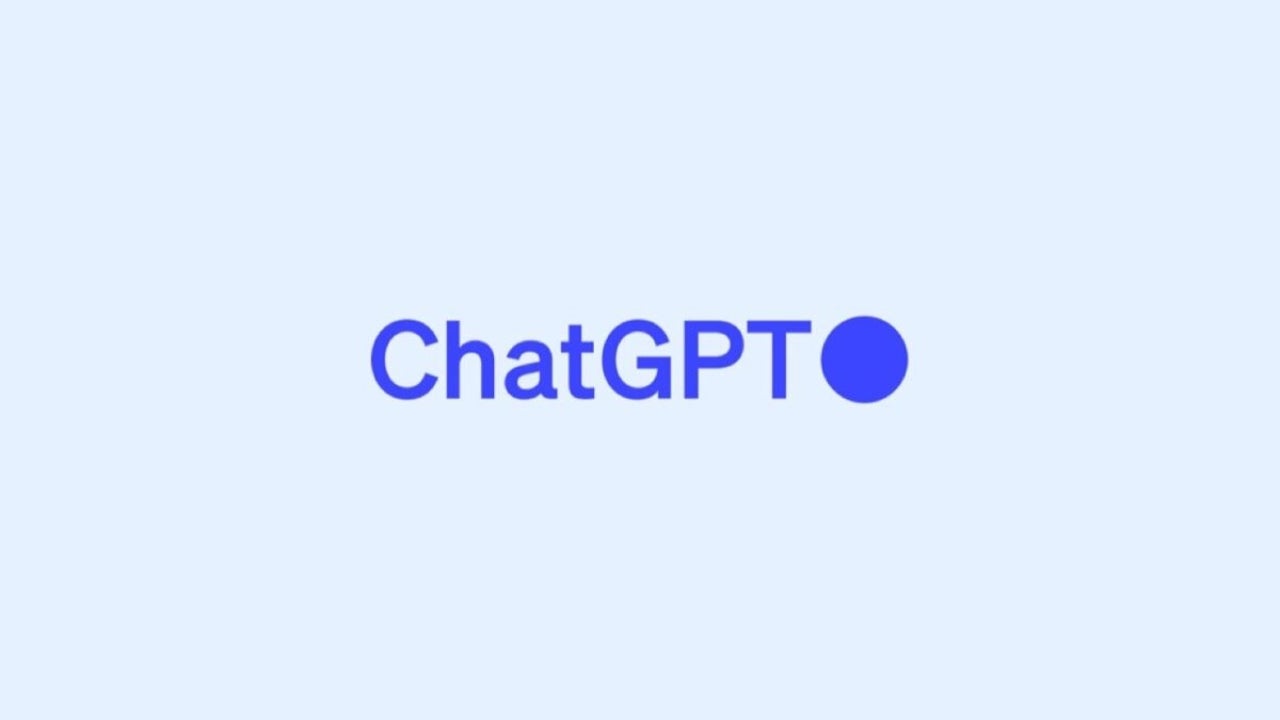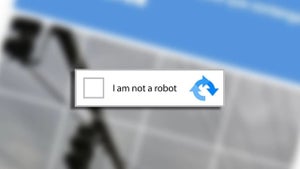Why ChatGPT and Other AIs Make Things Up
AI models generate false information due to their predictive nature. Understanding why this happens and how to minimize hallucinations is essential for responsible AI use.

- March 21, 2025
- Updated: July 1, 2025 at 10:06 PM

Artificial intelligence has made incredible strides, but one persistent issue remains: AI models sometimes generate completely false information. This phenomenon, known as “hallucination,” can range from minor errors to entirely fabricated facts. Understanding why this happens is crucial to using AI responsibly.
How AI Generates Text
Unlike humans, AI models do not retrieve facts from a database. Instead, they generate responses by predicting the most statistically likely sequence of words based on their training data. This means that while AI can produce coherent and fluent text, it does not “know” facts in the way humans do. It simply follows patterns without verifying their accuracy.
Why Hallucinations Happen
One major reason for hallucinations is that AI lacks an internal fact-checking mechanism. Its priority is to generate text that sounds plausible rather than ensuring accuracy. When asked a question, it may provide an answer even if it has insufficient or conflicting information in its training data.
Another issue is how AI interprets prompts. Vague or ambiguous prompts can lead to mixed responses, pulling from different sources and resulting in incorrect or misleading information. Conversely, overly long or complex prompts can confuse the model, leading it to fabricate details to fill perceived gaps.
Can AI Hallucinations Be Prevented?
While hallucinations cannot be eliminated, certain strategies can reduce them. Providing clear and specific promptshelps guide AI responses more accurately. Additionally, techniques like “chain-of-thought” prompting encourage the model to break down its reasoning step by step, improving reliability. When possible, cross-referencing AI responses with trusted sources is essential to ensure accuracy.
As AI technology evolves, researchers are working to minimize hallucinations. However, for now, understanding how and why AI makes mistakes is key to using it effectively.
Latest from Agencias
- The rise of fake captchas: a new weapon for cybercriminals
- Google disables the 100 results per page feature and leaves users stunned
- The second season hasn't even premiered yet, and Disney+ has already renewed this superhero series for a third one
- Is Hollow Knight: Silksong too difficult? Its creators defend that it is not
You may also like
 News
News1 in 3 Android apps have serious API leakage issues, according to a recent study
Read more
 News
NewsThe rise of fake captchas: a new weapon for cybercriminals
Read more
 News
NewsGoogle disables the 100 results per page feature and leaves users stunned
Read more
 News
NewsThe second season hasn't even premiered yet, and Disney+ has already renewed this superhero series for a third one
Read more
 News
NewsIs Hollow Knight: Silksong too difficult? Its creators defend that it is not
Read more
 News
NewsMicrosoft teams up with ASUS to launch ROG Xbox Ally and compete with Steam Deck
Read more